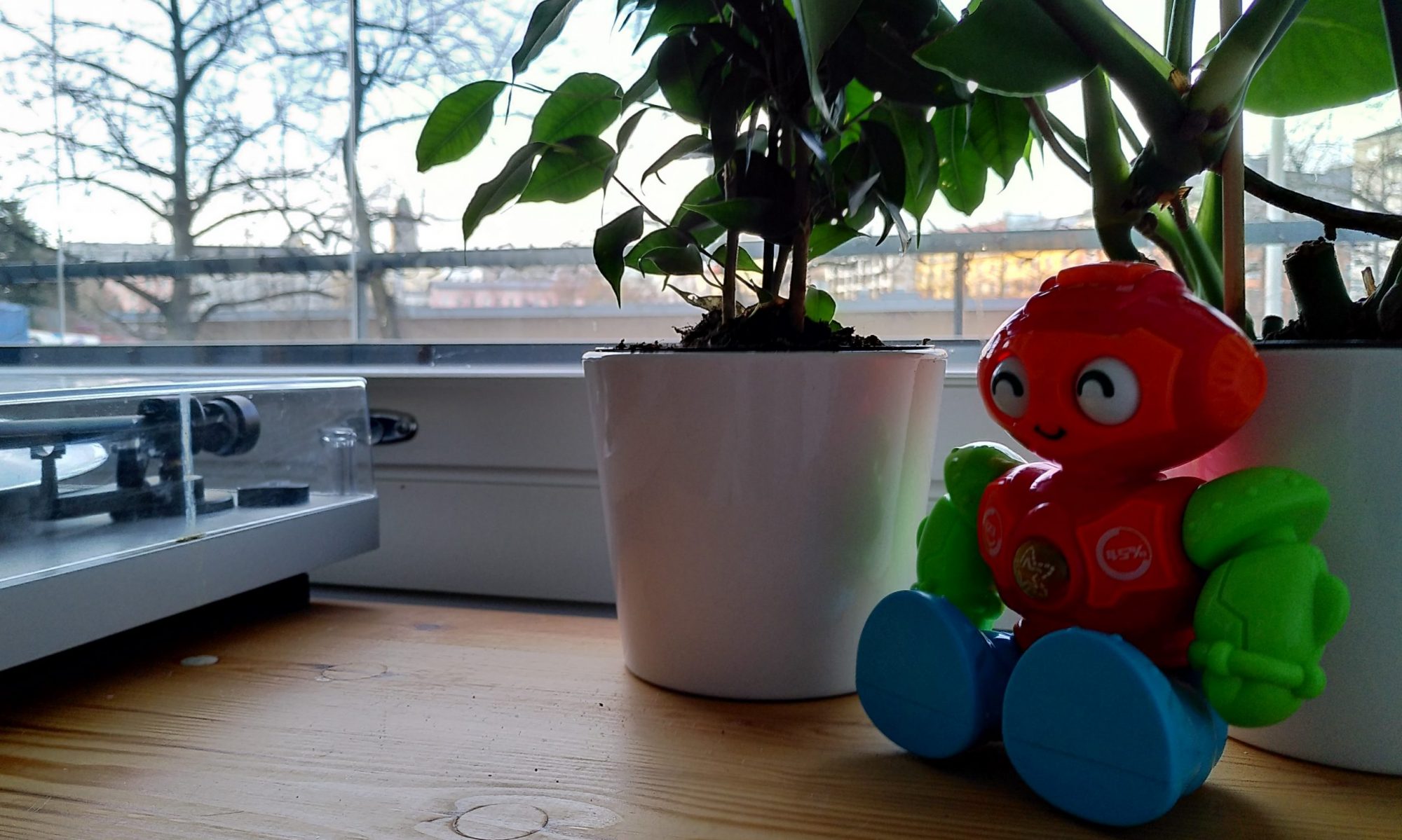Here’s a brief description of my on-going projects and background. You can read more about my past projects here. List of my publications can be found here. See also my CV for more information.
ENUSE (Enoughness in energy use: Sustainable and sufficient energy consumption in Finland) project’s motivations are threefold: Firstly, although the discourse of “just transition” is strongly rising in research, the discussion on sufficiency and sustainability in energy use has thus far remained rather abstract. Secondly, the ways the ongoing changes in our energy system towards carbon neutrality challenge what people consider as normal, desirable, acceptable or inclusive, have been only little studied in Finland and elsewhere. Thirdly, the methods employed in previous research (such as definitions of energy poverty based solely on income, energy costs or building characteristics) have been insufficient to address the experiences of energy or fuel deprivation and vulnerability in real life. The objectives of ENUSE, funded by the University of Helsinki for three years (2021-2023) are (1) to define what “enoughness” in energy consumption means in Finland, and (2) to understand risks of energy deprivation during the energy transition. By combining three key concepts – the right to energy, energy needs and limits to energy use – into a theoretical framework on enoughness and by employing a social practice approach in an empirical research on enoughness in everyday life, this project aims to understand what is socially sufficient and environmentally sustainable energy use in Finland and where the biggest risks of not achieving such enoughness lie.
ENCIT (Citizens, everyday life and tensions in the energy transition) stems from the tensions in the everyday lives of citizens engendered by the ongoing energy transition, which have gained limited attention in energy transition research. The tensions entail challenges that may be exclusionary in terms of competences, images and material and financial demands. The project provides a new perspective on current discussions on resistance to transitions, ownership of the energy transition and energy justice. We do so by zooming into tensions that are common to particular everyday life situations. We investigate challenges encountered by ordinary citizens in the energy transition, and possibilities to overcome them, through four in-depth cases identified as critical in previous research. We focus on (1) the equity effects of the electrification of transport, (2) the changing relationships between energy companies and consumers, (3) the challenges encountered by users of energy-smart buildings and (4) energy poverty among low-income owners of homes in need of refurbishment. ENCIT is funded by the Academy of Finland for years 2020-2023.
EE-TRANS (Eating and Energy Use Reconfigured) brings together socio-technical transition and practice theories and connects them in a novel way with the analysis of institutional disruptions. We analyse and compare two transitions-in-the-making: the reduction of meat consumption for a more sustainable food system and the development of novel technologies for a fossil-free energy system. EE-TRANS analyses the emerging transitions in these two systems, and pursues a strong empirical programme in taking the dialogue between socio-technical transition and practice theories further. EE-TRANS is funded by the Academy of Finland for four years (2018-2022). I am leading work package 1, which develops the reconfigurational approach in understanding sustainability transitions by bringing together theories of socio-technical transition and social practices with a novel angle on institutional disruption within. WP1 gathers also the empirical results together in order to develop and design policy mixes for reconfigured systems of eating and energy use.
European Energy Poverty: Agenda Co-Creation and Knowledge Innovation (ENGAGER, 2017-2021) is a research network funded via the European Co-operation in Science and Technology (COST) scheme. It is aimed at developing and strengthening an international community of researchers and practitioners focused on combating energy poverty. ENGAGER seeks to bring about transformational change in the investigation and amelioration of household-level energy poverty in Europe, by facilitating the development of comprehensive, innovative and evidence-based policy frameworks. ENGAGER draws together scholars and practitioners based both within and outside Europe who focus on various aspects of complex energy poverty challenges. I am involved in working group 4, on e.g. right to energy and energy justice.
I was a doctoral researcher at the Department of Environmental Sciences and in DENVI (Doctoral Programme in Interdisciplinary Environmental Sciences). I was awarded three-year funding by DENVI for the years 2014–16. The title of my doctoral dissertation (2017) is ‘A practice approach to experimental governance: Experiences from the intersection of everyday life and local experimentation’. The dissertation examines local experimentation from a practice theoretical perspective. By doing this, the dissertation bridges the gap between two fields of research: one relating to the governance of experiments and the other to the dynamics of practices. The dissertation focuses on the role of participants in accommodating novel technologies and services into their everyday lives, and the role of social interplay between individuals and their collectives in supporting or opposing the change and diffusion of practices. The abstract of the dissertation can be found here. The dissertation comprises of five articles, of which four have been published. Summaries of the articles can be found here: Article I, Article II, Article III, Article IV and Article V. The Finnish summary is available here.
